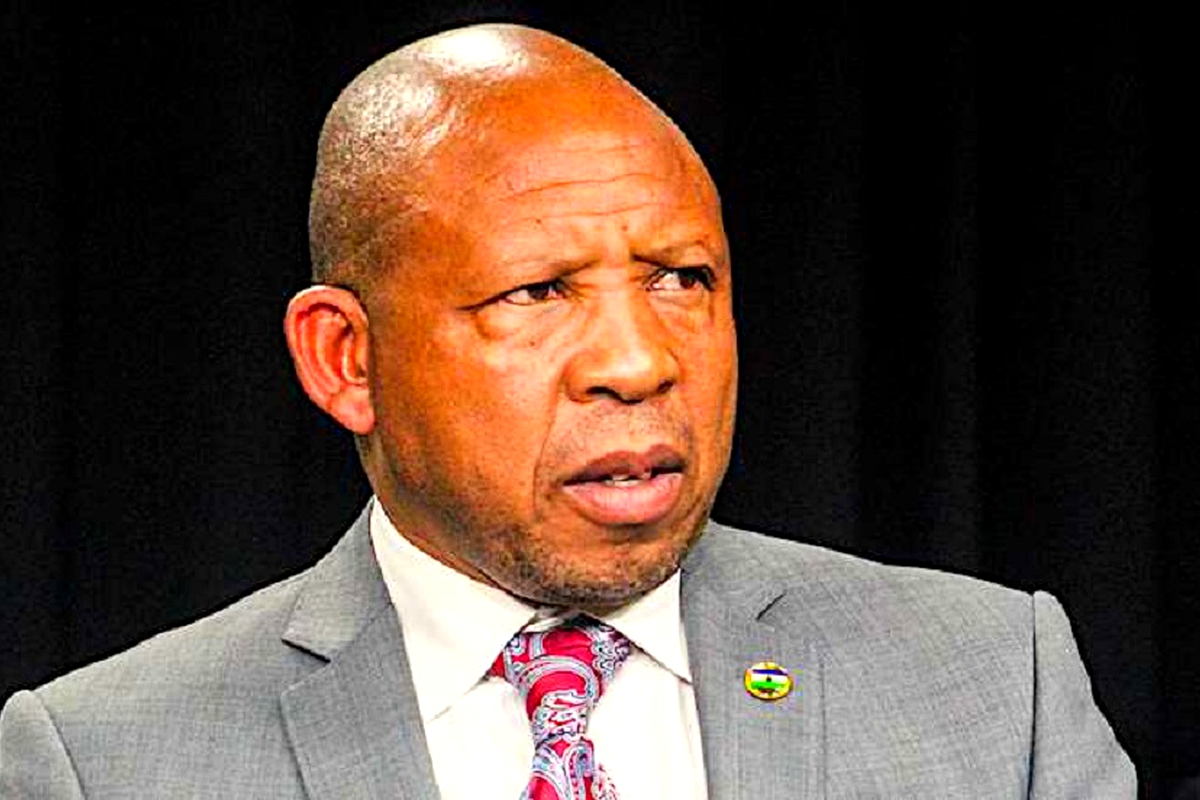PRIME Minister Dr Moeketsi Majoro has said recapitalising agriculture as well as transforming farming technology will go a long way towards strengthening Lesotho’s food systems.
business
Oct. 1, 2021
NEO SENOKO
2 min read
Majoro highlights significance of farming technology

Prime Minister Dr Moeketsi Majoro
Story highlights
He made these remarks in his address during the United Nations (UN) Food Systems Summit held in New York, USA recently.
The summit was focused on setting the stage for global food systems transformation to achieve the Sustainable Development Goals (SDGs) by 2030.
The 2030 Agenda for SDGs, approved in September 2015 by the United Nations (UN) General Assembly, establishes a transformative vision towards the economic, social and environmental sustainability of the 193 UN Member States, including Lesotho that adopted it.
The summit also aims to provide a platform for ambitious new actions, innovative solutions, and plans to transform food systems and leverage these shifts to deliver progress across all of the SDGs.
“For its part, the government has prioritised agriculture and nutrition in its development plans and actions. But to strengthen Lesotho’s food systems, it is important to address simultaneously the elements of the food security value chains in their entirety.
“This includes recapitalising agriculture, transferring farming technology including widespread use of digital technology, commercialising the agriculture sector, adopting climate smart and sensitive operations, promoting food safety including through plant protection services,” the Prime Minister also said. Goal one of the SDGs aims to eradicate extreme poverty for all people while goal two also seeks to end hunger and ensure access by all people, in particular the poor and people in vulnerable situations.
It remains to be seen if the country will be able to meet some of these targets, particularly with the status of hunger and poverty currently escalating, mainly due to the COVID-19 pandemic.
Enjoy our daily newsletter from today
Access exclusive newsletters, along with previews of new media releases.
A report on food systems in southern Africa by the World Food Program (WFP), the food-assistance branch of the United Nations (UN) and the world largest humanitarian organisation focused on food hunger and food security and the largest provider of school meals, reveals that 6.2 percent of Lesotho’s population cannot afford energy sufficient diet.
The report further shows that 47.6 percent of the population cannot afford nutrient adequate diet, while 76.2 percent cannot afford healthy diet.
Dr Majoro also underscored the importance of providing trained personnel into the sector, investing in agriculture and food research as well as protecting the land resource, deploying early warning systems and raising the capacity to manage climate disasters together with deploying effective extension services.
He also touched on the importance of the involvement of private sector and civil societies in policy formulation and implementation.
He said Lesotho is committed in transforming its food systems into sustainable systems that could deliver food security and nutrition for all, in a manner that takes cognizance of economic, social and environmental impacts during production, distribution and consumption.
Tailored for you






